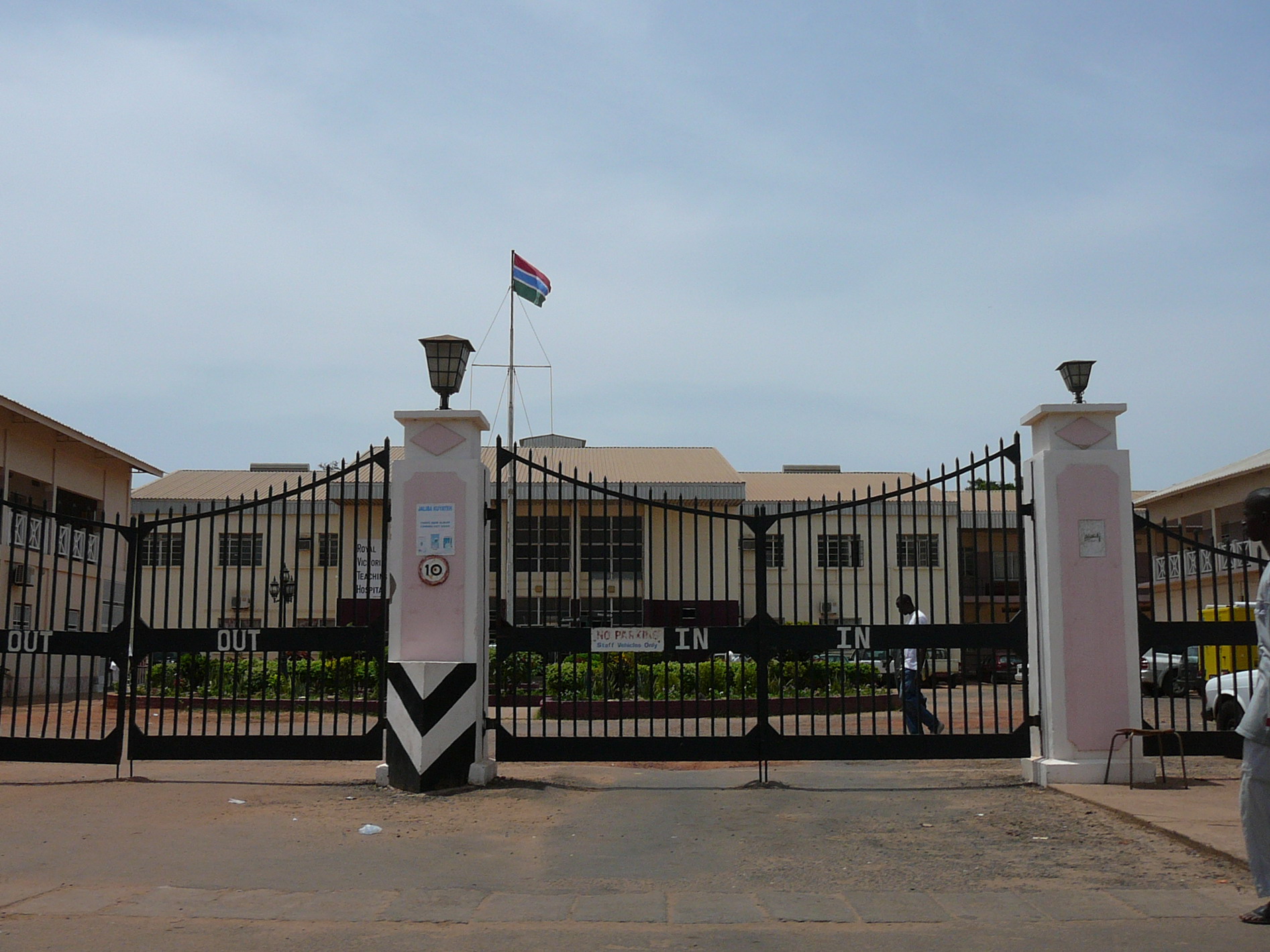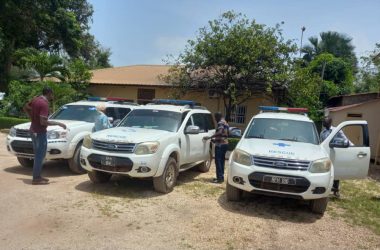
Staff nurses working at the Gambia’s main referral hospital, Edward Francis Teaching Hospital in Banjul have launched an international appeal for blood bags.
The nurses said there is an acute shortage of blood bags in the hospital and is putting the lives of patients at risk.
In a video posted on Facebook, the nurses said: “We have an emergency here because something has come up that requires an emergency appeal. There are no blood bags here; they are finished.”
Last week, media reports said the need for blood bags at the hospital has reached an emergency point while some number of them was imported from the neighboring country Senegal.
One of the nurses, said some blood bags were imported from Senegal at a cost of £1.50 each. “We have purchased 1000 bags and they will be arriving on Tuesday, but I ask all you people around the world to come and help.”
Another nurse identified only as Awa also appealed to the world to intervene and help save lives.
“We are out of blood bags right now and patients are in need of it.”






The average cost of a blood bag is about $1 or Dalasi 52 if you buy a thousand. There is a well established process for storing blood to ensure safety. I am not concerned about the lack of blood bags, but what this shortage exposes. If you are careless enough to be short of bags, that suggest you will be extremely careless with the safety standard and that will put patients at risk. The administration must take immediate steps to ensure the safety of our blood products by:
1. Appeal to the Red Cross to conduct a review of our blood blank.
2. Hire a reputable private company to run our blood bank.
3. Retain the company once this crisis is over as Consultant to maintain best practices standard.
4. Require ongoing training for our technicians in the blood bank.
God Bless The Gambia.
God Protect our citizens.
Dear Dr. Sarr,
Do you think it would be a good idea if 1000 of us can purchase 100 blood bags each as a start? We really need to step to the plate because there is a donor fatigue out there.
Naphiyo,
Dr. Lamine J. Conteh
Dr Conteh, very thoughtful of you. There are others expressing the same view, and I am confident that the hospital will receive thousands of blood bags. That will not solve the bigger and more important operational concerns. Imagine what will happen if the hospital store contaminated blood in those bags and transfuse patients. That is the nightmare scenario that we are all hoping and working to prevent. It is a real possibility, considering how we manage our blood bank. My wish, my hope is that we look at this problem and come up with a comprehensive but simple solution. Our blood bank operational objectives must make patient safety the primary concern and focus.
Thank you Dr Isatou Sarr. We are also forgetting the crucial role that the army used to play in donating blood in the past. I remember whenever there was shortage of blood in the hospitals they used to refer desperate patients in need of blood transfusion to the army camps. Well during those days they were well fed. But with the current reforms going on in the security sectors , army personnel have been hard done by. Food is rationed in the military camps and they’re now forced to fend for themselves. If in the midst of a severe drought and the cows are badly unfed do you expect milk from them? This is the situation we are facing in the hospitals. The regular blood donors are no longer getting the right feedings.
Both Drs Sarr and Conteh raise valid points here.
We cannot continue to support a hospital system where the very fabric of the chain of custody and management are broken.
It’ll be throwing good money after bad. Rather, we can go by Dr Sarr’s proposal to get a competent private body, endorsed by the Red Cross, blood banks and allied resources. That’ll be the way to go with all medical service providers in The Gambia.
Isn’t it time to take a holistic approach to our perennial health care system like the introduction of national health service scheme.? The problem here is not only the health risks associated with storage of essential blood bags or the lack of vital drugs in our hospitals, but the exponential rise of prices in essential drugs and consultation fees in the private clinics. For some who are without medical insurance getting treatment which should be the responsibility of the government, is getting more and more out of the reach of the poor. A national health service scheme could be the answer to our health problems.
We have one.
The Gambia National Health Strategic Plan 2014 – 2020.
It is on paper, well written but collecting dust somewhere. But is this about healthcare or is this a reflection of our preparedness to survive and thrive as a nation. Truth is Keluntang unless we take steps to have food security and figure out how to make ourselves economically viable and relevant in the community of nation, things like healthcare, education, infrastructure and security will remain elusive. We have debated these issues over and over on this forum, so I won’t repeat some of the insightful suggestions, but one thing is certain, unless our electorate do their civic duties and elect capable leaders, our future cannot be described as bright.